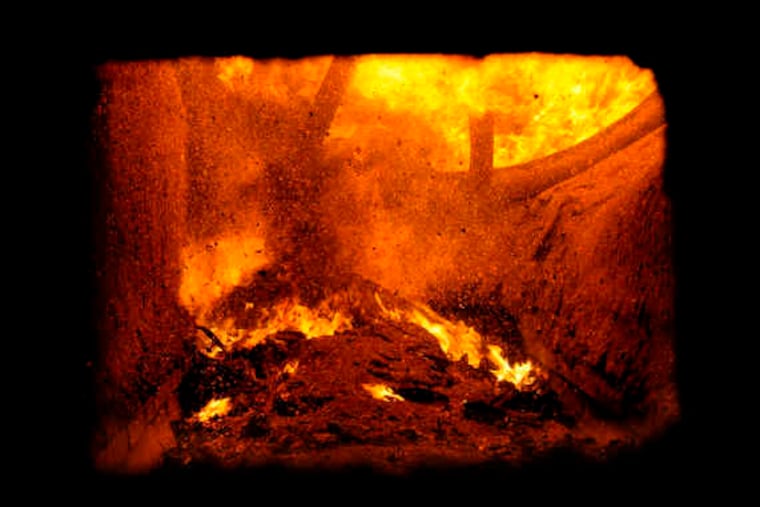Covanta to pay $218K for past pollution emissions at Conshohocken waste-to-energy plant
The Pa. DEP said Covanta Plymouth Renewable Energy, LLC has agreed to pay a $218,393 civil penalty over air quality violations that occurred at its Conshohocken facility.

Covanta Plymouth Renewable Energy LLC has agreed to pay a $218,393 civil penalty over air quality violations that occurred at its Conshohocken waste-to-energy incineration facility in 2019 and 2020, according to an agreement reached with the Pennsylvania Department of Environmental Protection.
The agreement refers to violations that occurred on eight separate days between June 2019 and September 2020, as well as emissions monitoring violations and late fee payments. Covanta has also agreed to take corrective actions at the facility, which processes 400,000 tons of waste annually that would have ended up in landfills.
The DEP said that between June 2019 and June 2020, Covanta had three unplanned shutdowns due to power loss that released excessive emissions, some of which were visible and odorous. That resulting air pollution, and failure to properly use control devices, violated the state’s Air Pollution Control Act and the facility’s operating permit.
Covanta is permitted to emit carbon monoxide, sulfur dioxide, nitrogen oxides, and hydrogen chloride, which it says normally fall “well below” federal and state standards.
During one event in June 2019, the plant lost power from an electrical malfunction that caused turbines and emission control equipment to go offline. As a result, air emissions were not controlled by various systems. During a restart, operators deviated from regular procedures in an attempt to control nitrogen oxide emissions.
In October 2019, the plant again lost power. Residents on Colwell Lane in Conshohocken said they smelled a “burning plastic” odor that caused some discomfort. A representative of the DEP also smelled the odor and concluded it was coming from the plant.
Pat Patterson, DEP’s Southeast regional director, said in a statement, “One thing is clear: Unpermitted air pollution is unacceptable.”
Covanta has agreed to revise procedures, upgrade electrical systems, refurbish rooftop vents for better filter emission, reduce noise, and use foam more quickly to extinguish smoldering refuse during any unplanned shutdowns.
“After many years of reliable service to the communities we serve, we regret the unanticipated operational disruptions and unplanned shutdown events that occurred at the Covanta Plymouth facility,” James Regan, a company spokesperson, said in a statement.
Regan said the company also has increased its transparency and improved communications that include notifying the DEP and surrounding communities of any outages, enhanced coordination with local first responders, and posted continuous emissions monitoring data online. A 24/7 hotline, 610-569-9372, is available for neighbors.
“While our work is not done, substantial improvements and investments made at the facility during 2020 have significantly improved reliability,” Regan said.
The money from Covanta’s penalty will go to the commonwealth’s Clean Air Fund for air pollution reduction.